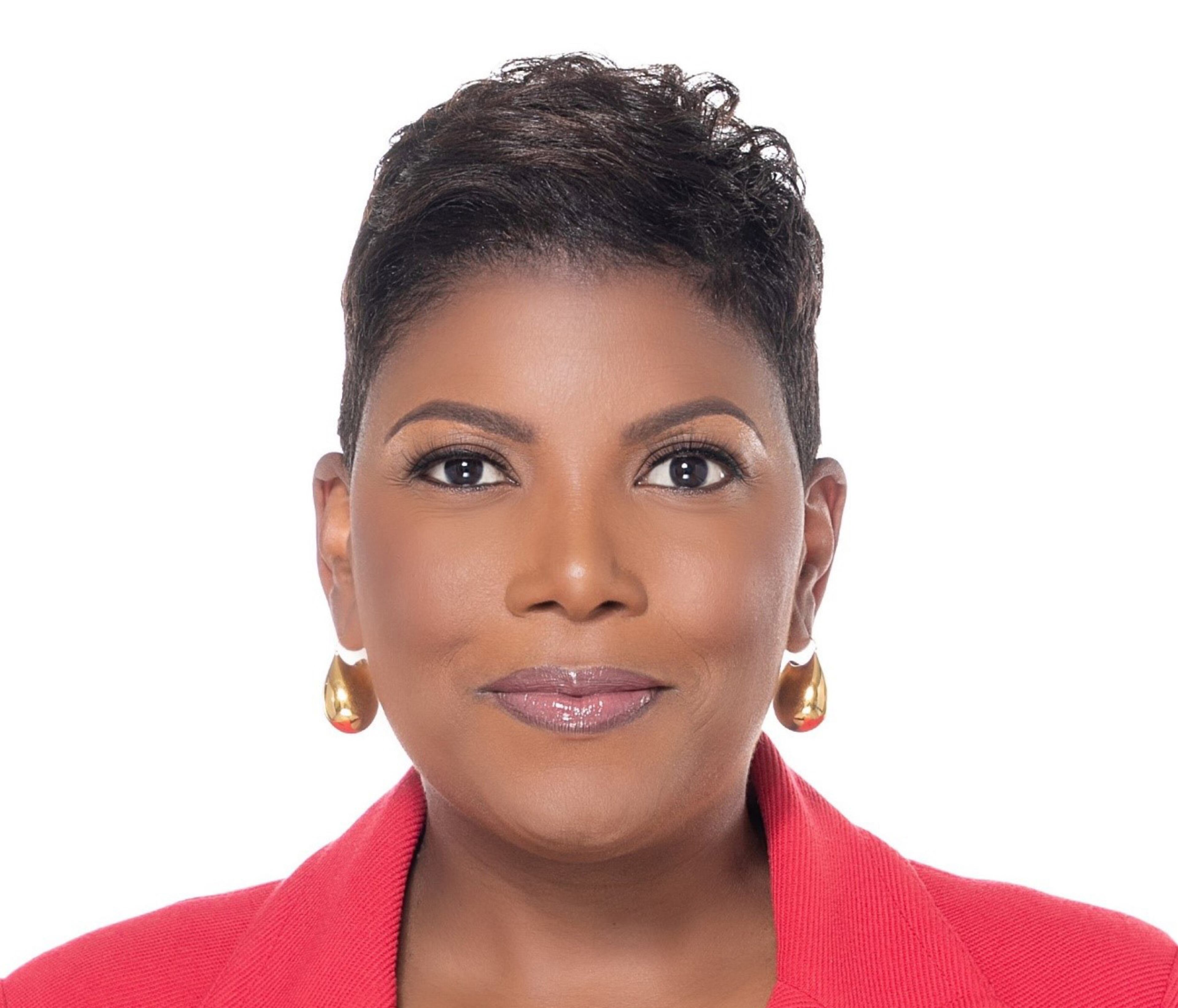Opinion: Human trafficking’s thrived in pandemic

Which illegal trade has been found to generate up to $290 million in annual revenue in Atlanta?
The illegal sex trade – also known as human trafficking – is more profitable than both the drug trade and gun trade combined. In Atlanta alone, $290 million each year is spent, according to the United Way.
The need to address human trafficking has never been more urgent. Recognizing that the logistics industry is uniquely positioned to help address this issue, UPS is proud to be part of the solution. Since our work on human trafficking began six years ago, we’ve launched an employee awareness campaign to empower UPS employees to advocate against human trafficking and we’ve also prioritized philanthropic partnerships. Through these initiatives, UPS’ers have raised more than $7 million to support global anti-human trafficking efforts in partnership with the United Way Center to Combat Human Trafficking. And there is still so much more work to be done.
While some may assume that the parameters put in place during the COVID-19 pandemic would slow down the business of trafficking in persons, research has shown it has only compounded the problem. The United Nations Office on Drugs and Crime found the pandemic is heightening the threat of trafficking due to the time people spend isolated from others and increased time online. They note the pandemic has “brought to the forefront the systemic and deeply entrenched economic and societal inequalities that are among the root causes of human trafficking.”

Acknowledging the prevalence of human trafficking is an extremely crucial step for business leaders to take in order to educate and make it a “relatable” issue that a collective group will want to help address. Human trafficking happens by chance when it comes to the victim, but is an insidious and profitable calculated act by the trafficker. Once we begin to understand the impact of trafficking on people’s lives, organizations can become motivated to work collaboratively for real change.
As we join together as Atlantans to tackle human trafficking, the voice of the private sector is critically important. As President of Social Impact and The UPS Foundation, I believe addressing human trafficking is a critical piece of UPS’s commitment to build safer, more resilient and inclusive communities around the world. Innovative partnerships can provide opportunities for companies to be part of the solution. For example, our relationship with Truckers Against Trafficking trains UPS drivers to spot and report signs of human trafficking along their routes. Since the inception of our partnership, more than 130,000 drivers have received training on how to spot red flags and where to report concerning behavior. We also work diligently with several additional partners right here in our own backyard, including City of Refuge, the United Way of Greater Atlanta, Wellspring Living and youthSpark.
The business community faces risks and challenges associated with human trafficking on a daily basis. For example, this isn’t just something that happens in the middle of the night in the street – peaks in “web-based sex buying” often occur in the middle of the day, taking place on company equipment. This is where businesses have the opportunity to step in and enforce policies, and UPS is proud to harness the power of public-private partnerships to address this important issue in a meaningful way.
Here are three steps Atlantans can take to be part of the solution.
1.) Get educated. Learn how to recognize the signs of trafficking. Truckers Against Trafficking offers the Driving Freedom podcast which is supported by The UPS Foundation. These episodes discuss issues related to human trafficking and share important information that can save lives. Put the hotline number 1-888-373-7888 in your phone to report any red flags of human trafficking.
2.) Support community-based programs. More than ever, we must continue to invest in community-based programs that combat human trafficking. The ongoing COVID-19 pandemic has only increased the support these critical organizations need.
3.) Talk to your children. In 2020, the National Center for Missing and Exploited Children found that reported online child sexual exploitation doubled. Protect your kids by monitoring their social media presence and asking tough questions.
As we mark Georgia’s Advocacy Day of Human Trafficking on February 16, it is clear: we must declare war on human trafficking. This year, make it your mission to learn how to recognize the signs of human trafficking and support the ongoing and crucial work done in your local communities.
Nicole “Nikki” Clifton is UPS’ president for social impact and the UPS Foundation.


